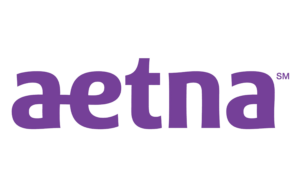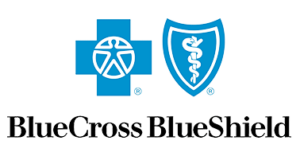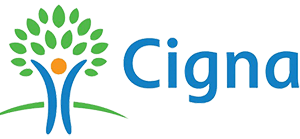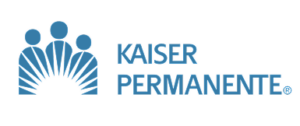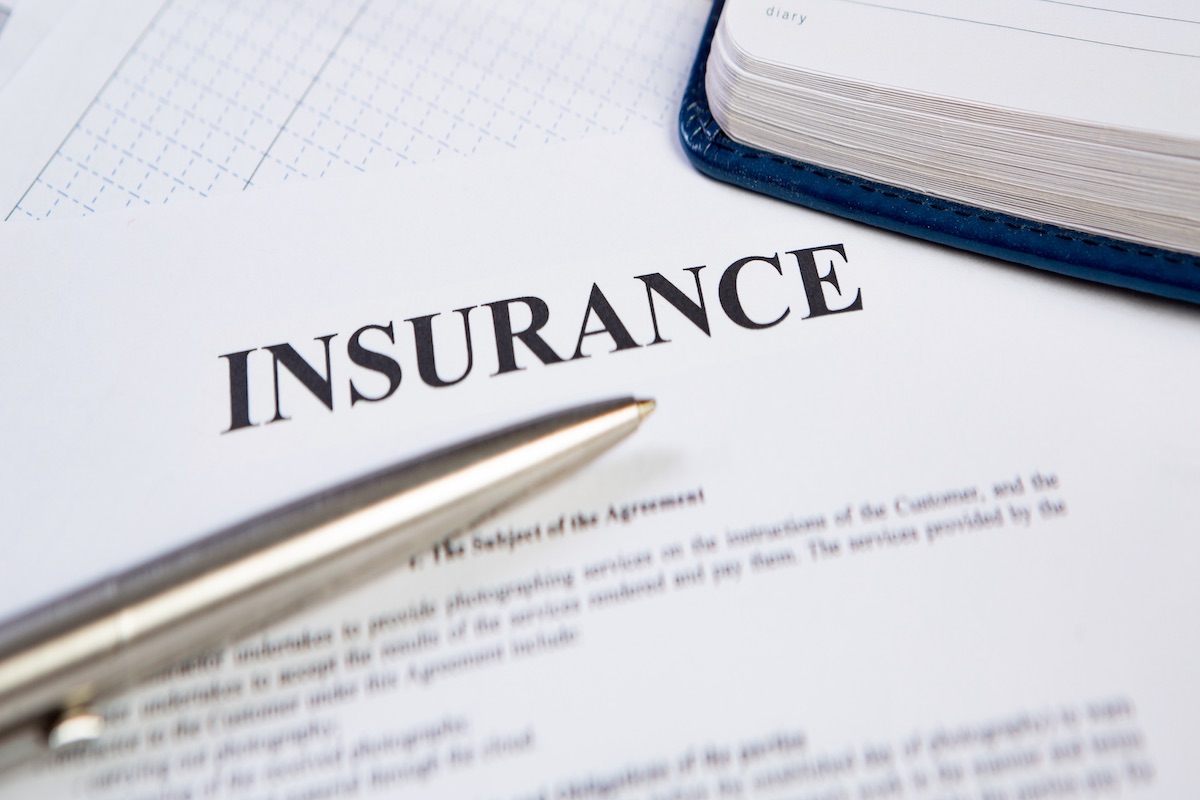Who We Are
RehabNet.com provides free, comprehensive information tailored for individuals and families grappling with addiction, substance misuse, and mental health challenges.
Read About UsOur Commitment to Quality
- IN-HOUSE WRITERS AND EDITORS
- REVIEWED BY CERTIFIED ADDICTION PROFESSIONALS
- PARTNERED WITH ADDICTION SPECIALISTS
Medically Reviewed
Our content undergoes rigorous scrutiny by a panel of esteemed medical professionals to guarantee its accuracy and trust.
Fact Checked
Every piece of our content undergoes thorough fact-checking, ensuring you receive trusted, relevant, and accurate information.
up-to-date
We consistently refresh our content, ensuring you access to the most current information from a source you can trust.
Trusted
We verify our content, drawing exclusively from trusted sources to ensure you’re provided with accurate and reliable information.
Our Commitment to Quality
- IN-HOUSE WRITERS AND EDITORS
- REVIEWED BY CERTIFIED ADDICTION PROFESSIONALS
- PARTNERED WITH ADDICTION SPECIALISTS

